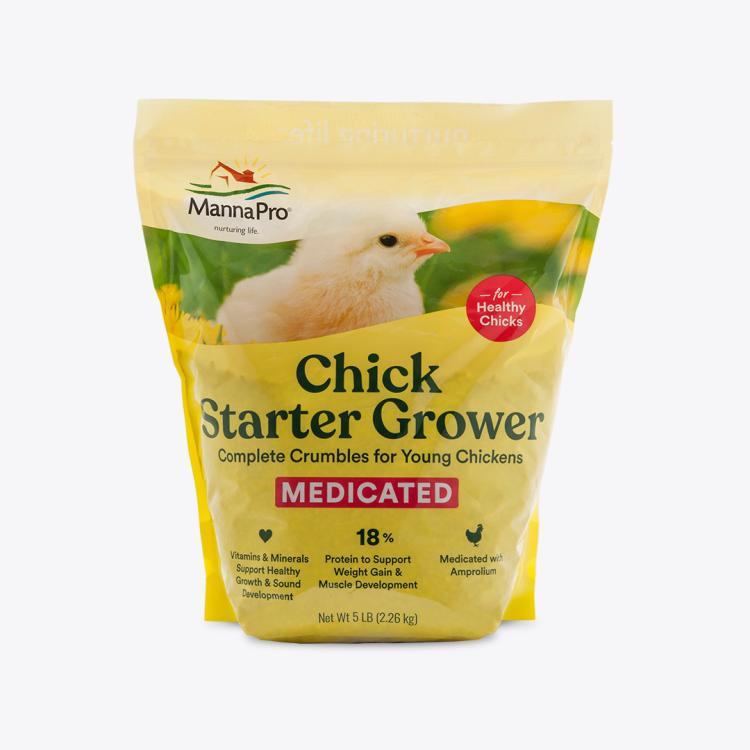Posted by Laura Hepburn, Tue, Feb 14, 2012

Are you thinking about incubating eggs and hatching your own chicks? It can certainly be a rewarding experience, and one that offers up some exciting possibilities for your flock. It’s important to consider all the factors before jumping in. Below are some of the main “pros” and “cons” when it comes to incubating and hatching your own chicken eggs.
PROS
- One of the best things about hatching out your own chicks is that it opens up all kinds of possibilities regarding breeds, color variations and mixed breeds for your flock. If you have spent any time on online auction sites or forums, you’ve probably seen references to exciting things like “Olive Eggers” or “Project” eggs (not to mention specific legendary breeders). Olive Eggers are the result of crossing a dark brown egg layer (e.g., a Maran or Welsummer) with a blue egg layer. The result is a hen that lays an olive green egg. “Second Generation” Olive Eggers are crossed again with a dark brown egg layer, resulting in a very dark olive green or khaki-colored egg. “Project” hatching eggs are usually the result of a breeder who is working on developing a unique trait in an existing breed; for example, “Lavender” is a color variation that numerous breeders have been working on creating in popular breeds such as Orpingtons, Ameraucanas and more. This isn’t a color that is necessarily approved for showing competitively, but as more and more backyard chicken enthusiasts build their flocks demand for unique colors rises. As far as revered bloodlines go, you can also find breeders who can boast their flock’s heritage—such as “Wade Jeane” Marans, which is a specific line of Black Copper Marans that are renowned for producing the darkest brown eggs. These are just a few examples of the kinds of birds you can add to your flock by hatching out your own chicks. You won’t find these varieties in your local feed store or mail-order hatchery.
- Hatching your own eggs is FUN. While it is very fun and exciting to pick up chicks from the post office or pick them out at a feed store, hatching your own is a different kind of excitement. You choose the eggs, you monitor their progress as the chicks develop and finally you watch with wonder as they break out of their eggshells. Although I adored bringing home my first chicks, I must say that standing in my kitchen and watching as these eggs that had been sitting on my countertop broke open to reveal fully formed chicks was an experience I’ll always remember. Plus, if you have children, it is a fantastic educational experience for them to see the eggs turn into baby chicks.
- If you have an existing flock and you plan to use a broody hen to hatch your eggs, then one other benefit is the fact that integrating the new chicks into the flock will usually be easier than it would be if you were to bring in “strange” chicks from an outside source. The main reason for this is that the mother hen will not be an outsider and she will work to protect “her” babies. This is true even if you let her hatch out eggs from another source.
CONS
- The main reason why some people avoid hatching out their own eggs is the most obvious: approximately 50% of all eggs turn out to be males. For some people, this isn’t an issue. I know plenty of people who keep the boys and end up using them as meat birds, or have enough property to keep roosters to help protect their flocks or breed with the females. However, many people (especially those who live in urban or suburban areas) don’t want to put themselves in this situation. Re-homing roosters is always an option, but there is no guarantee you’ll be able to find homes for all of them as most people aren’t looking to add roosters to their flock. If you do want to hatch your own chicks, it’s always a good idea to see if you can source a couple of people with the property and need for roosters in advance. One other tip I would provide is that the more desirable the breed, the easier it is to re-home them; for example, a unique color variation, breed or good gene pool might make that rooster more attractive to someone who is seeking those qualities.
- The expense of hatching your own eggs is something else to consider. The costs associated will range depending on your situation; using your own fertilized eggs and a broody hen will usually be the least expensive route, while buying rare or specialty eggs and a quality incubator could cost you hundreds of dollars. The most expensive hatching eggs I’ve ever seen were in an online auction in which bidding had reached $250 for one dozen eggs. If the reason you want to hatch your own eggs is for a specific breed, do a little research online so you understand the expense involved.
- If you will be using an incubator to hatch your eggs, you’ll also want to consider the time and attention required. Incubators need daily monitoring and, in some cases, manual turning of the eggs. You won’t want to have any vacation plans, and ideally you’ll have the 20th, 21st and 22nd day of incubation free to attend to hatching chicks.
Download our complete Egg Laying Guide here




